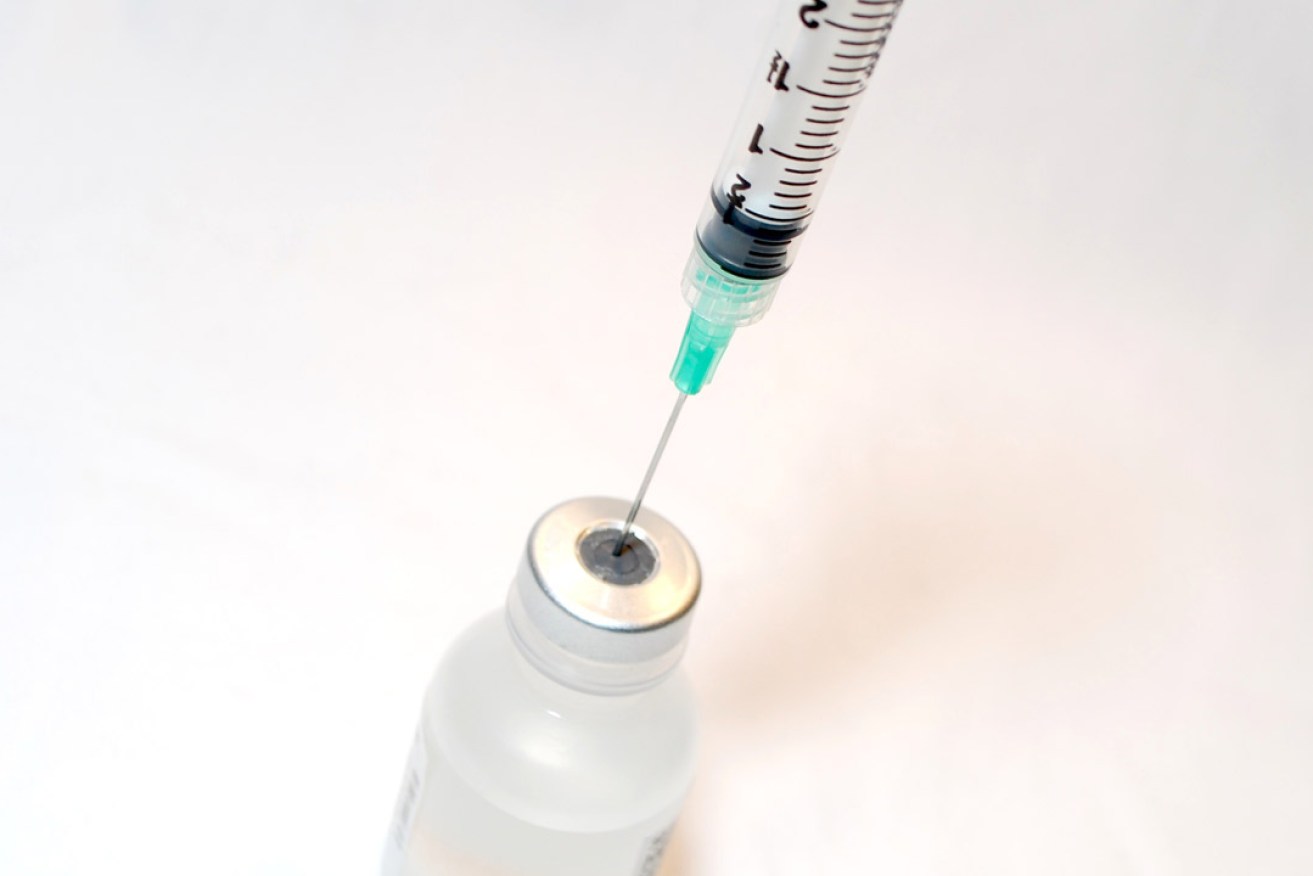Free meningococcal vaccine for SA teenagers
Sixty thousand South Australian teenagers will get access to a free vaccine against the most common strain of meningococcal for the first time next year.


Image: Flickr/NIH
South Australian toddler Charlie Mason died from a meningococcal B infection earlier this year. There have been 229 confirmed cases of the B strain of meningococcal, which mostly affects infants and children, since 2006.
Just six menincogoccal C infections – for which there have been taxpayer-funded vaccinations since 2003 – have been recorded over the same period, the latest in 2012.
Despite being the most common strain of the disease, a vaccination against meningococcal B is only available on the private market, costing between $140 and $150.
That will change from next year, when 60,000 South Australian high school students in years 10 to 12 will be offered free B strain vaccinations, in a University of Adelaide and SA Health study.
The study, funded by global pharmaceutical company GlaxoSmithKline, will examine whether a large-scale immunisation program can deliver “herd immunity” against the B strain of the disease.
“In South Australia, we’ve seen the devastating consequences of meningococcal disease – and particularly the B strain – too many times this year, so studies like these are critical in trying to tackle this disease,” Health Minister Jack Snelling said.
“Ultimately, the State Government would like to see as many Year 10, 11 and 12 students as possible provided with access to this vaccine.
“I urge all principals from all South Australian schools, both public and private, to take part.”
Associate Professor Helen Marshall, who will lead the study, said: “South Australia has had the highest rate of meningococcal disease in Australia since 2012, with more cases in adolescents than infants”.
“It is vital we learn more about the disease and the benefits of vaccinating against meningococcal B,” she said.
“At this point in time, a vaccine is not available for free through the National Immunisation Program, because more information is required to demonstrate whether – in addition to the individual protection it offers – immunisation prevents transmission to others.
“This study will examine if the meningococcal B vaccine reduces the spread of meningococcal bacteria in teenagers through what is known as herd immunity.”
Eligible students will receive two doses of the licensed meningococcal B vaccine, about eight weeks apart, and throat swabs will be collected.
The study was approved by the Women’s and Children’s Health Network Human Research Ethics Committee.
What is meningococcal?
Meningococcal is a severe infection caused by the meningococcus bacterium.
Symptoms include inflammation of the lining of the brain and spinal cord, septicaemia (infection of the blood), joint infection, eye infection, pneumonia (lung infection or inflammation) and a rash.
According to SA Health, the meningococcus is carried, usually harmlessly, in the nose and throat of around 10 per cent of the population, and spread through coughing, sneezing or kissing.
But only a very small number of people who come into contact with there “carriers” ever develop the disease.
How deadly is the disease in SA?
It is extremely rare to die from a meningococcal infection in South Australia.
According to the Australian Bureau of Statistics, meningococcal infections killed three South Australians between 2005 and 2015.
In total, 3839 South Australians died of cancer and 1690 of heart disease during the same period.




